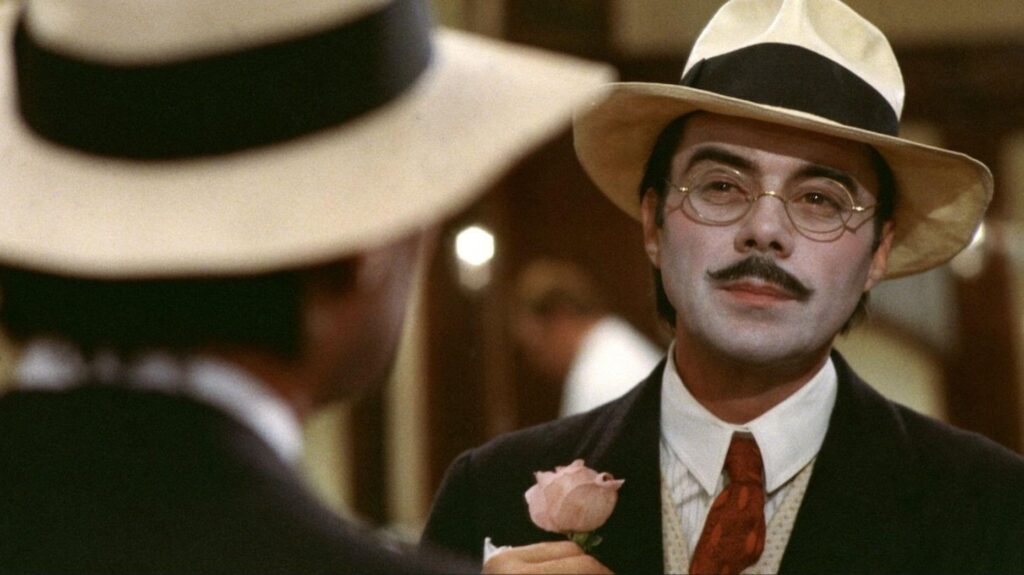Considered his best work by Anthony Trollope, Doctor Thorne is a sensitive story, exposing Victorian tyranny and hypocrisy on high birth and social class. Victorian society valued high birth, pure blood, and social class as the guiding principles for superiority. A person who is coming from an ancient lineage and who is born legitimate, even if he is financially broke, was considered superior to others who have raised themselves to higher wealth. However, as we say, “money talks”, the new wealthy were pursuing their own ambitions of power and influence, and they were slowly gaining their recognition and footing in society. This turn of events is not to the liking of the Victorian aristocrats and the high-born gentry. Yet, in their financial embarrassment, these high lords and ladies were eager to obtain the financial benefits offered to them by those who they consider inferior to them. The surest method to contract an alliance was marriage. And this surest method was sorted by these superior lords and ladies without any scruple, to secure an heir or heiress of low birth, social class, or even questionable birth, if a monetary benefit was received in return. In Doctor Thorne, through a well-told story, Trollope takes pain to expose this Victorian hypocrisy.
The titular character, Dr. Thorne, is Trollope’s hero. A middle-aged man, who had to sacrifice much in life for others, Dr. Thorne with his modest pride, his honest conduct, and professionalism, wins the hearts of the readers. And the readers fully agree that he should be the hero. His niece, Mary Thorne (the heroine according to Trollope), is the center of the story. All the thematic expositions, of birth, social class, and love, are centered on her. Her young lover, Frank Gresham, is the broke high-born heir. A spirited and fair principled young man, Frank shows a formidable obstinacy in doing what is right by following his heart fighting against family tyranny and pressure to “sell himself for money”. Trollope is excellent at introducing spirited young male characters, and in Frank Gresham too, the readers come to meet a young man whom they can admire as a hero.
My association with Trollope is limited. In that limited capacity, I have come to regard him as a good satirist and humourist. I have even written in a previous review that Trollope was a Victorian Jane Austen. However, in Doctor Thorne, I was surprised by a different Trollope, whose writing was sensitive, sympathetic, and emotional. His satire wasn’t replaced by no means. But the sincere, sympathetic, and sensitive style that he has adopted in Doctor Thorne gives the story more maturity and weight. I, who so far have enjoyed Trollope for his satire and light writing, greatly enjoyed his earnest and heartfelt writing. The weight and emotions embraced me rather than driving me away. Trollope’s style and tone were so powerful and sincere that the readers cannot escape from forming a deep connection with the story.
Thematic expositions of the story are, as previously mentioned, birth, pure blood, social class, money, love, and above all, Victorian hypocrisy which twisted the conventional convictions according to their advantages. The twists and turns with which Trollope exposed and ridiculed them showed the passion with which Trollope condemned such hypocritical practices. Trollope believed in decency, respectability, equality, and humanity; and these principles, according to him, should not be compromised by hypocritical and tyrannical conventions. Doctor Thorne amply demonstrates his outlook.
Trollope’s repertoire is vast, and I have read only a few. But Doctor Thorne is the best Trollope novel I have read. Trollope has himself considered it so. Up to now, no Trollope work has become a favourite of mine, but this one will now sit proudly on my favourite shelf.
Rating: 5/5



